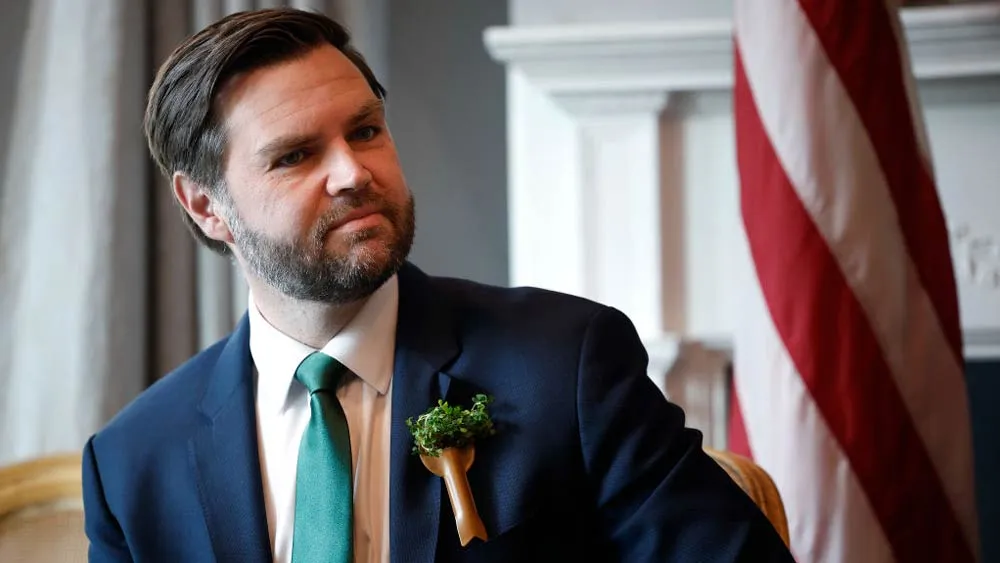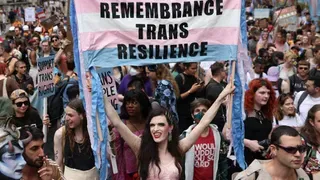July 15, 2013
Calif. Court Declines to Stop Gay Marriages
Jason St. Amand READ TIME: 2 MIN.
he California Supreme Court refused Monday to order the state to immediately stop issuing marriage licenses to same-sex couples.
However, the court still plans to consider whether the governor and attorney general correctly instructed county clerks that a voter-approved ban on gay marriages had become legally invalid statewide.
Without comment, the court denied a request made Friday by backers of the ban for an emergency order that would have required the state to keep enforcing Proposition 8 while they pursue a last-ditch legal effort to preserve it.
"Although we would have preferred for the California Supreme Court to issue a stay so that the state's marriage amendment would be respected sooner rather than later ... we remain hopeful that the court will recognize that Proposition 8 remains the law of the land in California and that county clerks must continue to enforce it," said Austin Nimocks, a lawyer for the coalition of religious conservative groups that qualified Proposition 8 for the November 2008 ballot.
Human Rights Campaign President Chad Griffin, who spearheaded the lawsuit that resulted in gay marriage returning to the nation's most populous state after 4 1/2 years, cheered the state court's decision allowing the weddings to continue without interruption.
"Our opponents have failed in a desperate attempt to deny happiness and protections to lesbian and gay couples and their children and no amount of legal wrangling is going to undo that joy," Griffin said.
The U.S. Supreme Court cleared the way for gay marriages to resume in the nation's most populous state on June 28 by dismissing the backers' appeal of a lower court ruling that found the ban unconstitutional. The high court decided the backers lacked authority to defend Proposition 8 after the governor and attorney general refused to do so.
The California Supreme Court still plans to separately consider whether the lower court ruling that invalidated the ban and a companion mandate prohibiting the state from enforcing it applied statewide or only in Los Angeles and Alameda counties. The two couples who sued to strike down Proposition 8 live in those counties.
Lawyers for Proposition 8 sponsors also have argued that because the U.S. Supreme Court did not rule directly on Proposition 8's constitutionality, state officials are bound by state law to abide by the measure.
The state high court has asked for additional written arguments on those issues by Aug. 1.



